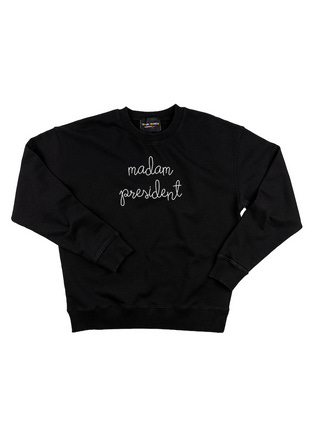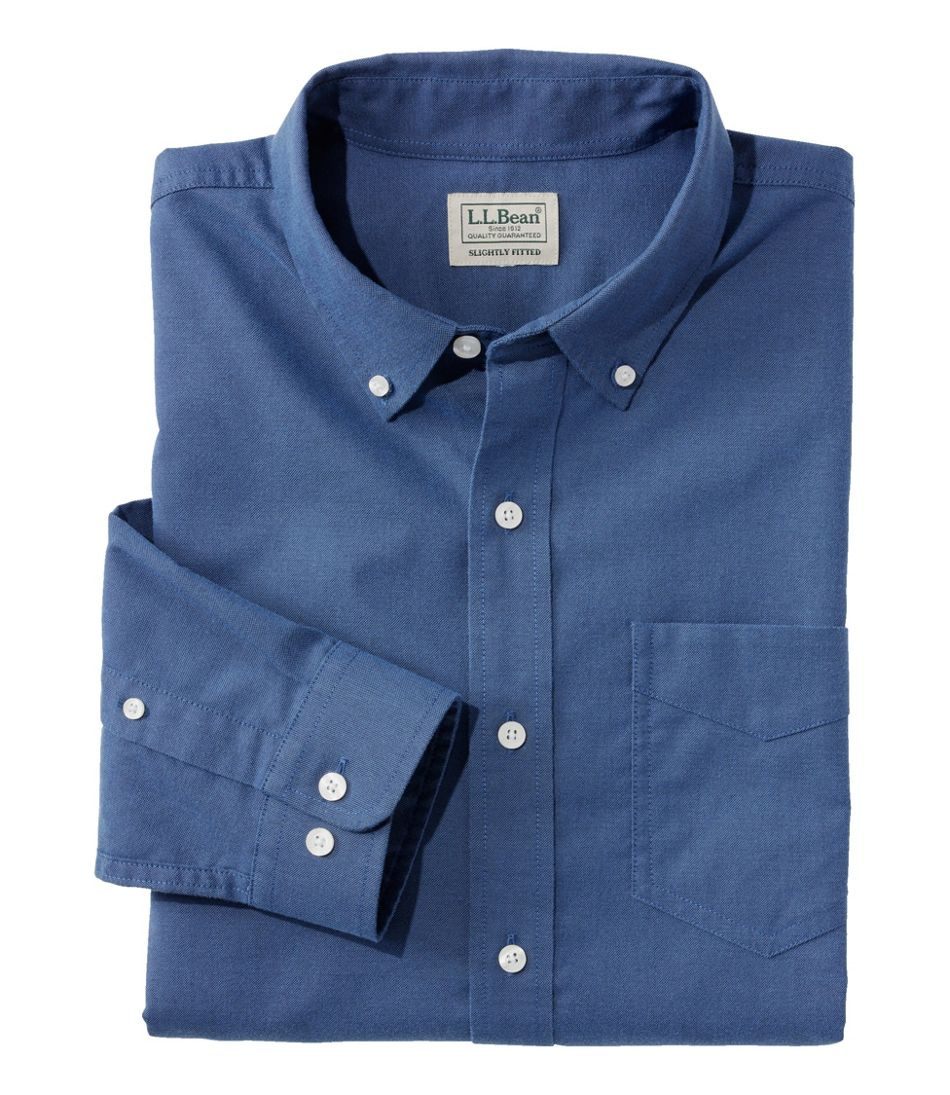Did you think I could publish just a single Sets! My Teeth!! On Edge!!! screed and quit kvetching forever? Hah! It turns out a lot of people — including, not naming names, some people right here on Substack — continue to err, which means I still have a lot to complain about. So buckle up, and be sure to read the original post, published in April, for background.
(This is a long newsletter. I have not held back. You’ll probably need to click on the headline to read the entire newsletter in your browser or the app.)
Fritinancy is free today and every day. But if you’d like to chip in a few bucks to keep the Wi-Fi percolating, you can buy me a virtual coffee or two (or more!). Clicking the little heart at the bottom of this post is also a nice thing to do.

Do not Capitalize every Word you think is Important. Where are we, Germany? What is this, the 18th century? Who are you, Donald J. Trump? This is your reminder that job titles are capitalized only when they precede a person’s name: You’re not a Creative Director, you’re a creative director. (And you’re definitely not a Creator, a spelling I’ve seen all too frequently in non-religious contexts.) I read somewhere that this spelling tic is jocularly called SigCaps, as in Significant Capitals. Resist.1
It’s minuscule, not miniscule. Think minus, not mini. (I just finished reading a published book in which minuscule is repeatedly misspelled, presumably after passing under the pencils of multiple editors. Sigh.)
I am not a fan of repeated consonants in informal writing (“baggg,” “funnnn”). I know they’re a feature of current internet lingo and some people find them cute, but some people ain’t me.
Wherewithal means money. It doesn’t mean presence of mind or savvy, as the author of this sentence clearly wants it to mean: “As if, in the lead-up to the convention, Madame Vice President had the wherewithal to say to her styling team: “Find me a ‘coconut brown’ suit!”
And as long as we’re here, it’s Madam Vice President, not Madame. Yes, a madam is also a lady-boss sex worker (is that how we’re supposed to say it now?), but it’s also a respectful term of address.

If you’re managing with limited resources, you’re making do, not “due.”
A tenet is a principle. A tenant is a renter.
Cement is the glue that holds concrete together. That pavement (or house, or floor) is made of concrete, not cement. Yes, I will die on this concrete hill.2
The past tense of pet is petted. The past tense of admit is admitted. We talked about this in April, didn’t we? Just add -ed. Text -» texted. Sweat —» sweated. Point -» pointed. Lift -» lifted. Detect -» detected. Yes, there are exceptions among words ending in T: put and set, for instance, don’t take -ed. But new words and words derived from Latin do.
However — and I’ve said this before — the past tense of cast is cast. English! Go figure.
The past tense of word (the verb) is worded. The past tense of whirr is whirred.
You have that funny feeling in the pit of your stomach. You do not have “a pit in your stomach” unless you’ve swallowed, say, a whole avocado, in which case I urge you to stop reading and call a doctor, stat. For an incorrect example, see “Nobody is wrong to feel that pit in their stomach when something gross comes across their screen.” I blame Tom [no relation] Friedman for the spread of this malapropism; see this Language Log post for details.
Oh look: here’s another incorrect usage (via Bluesky).
An oxford shirt has a collar; a T-shirt doesn’t: It has a neckline. Can we please maintain this distinction during my lifetime?

Flak was originally a German acronym for Flugabwehrkanone (literally “aircraft defense cannon,” i.e., anti-aircraft fire); it now usually means “strong criticism.” A flack is a publicist. (No one knows where the word comes from — a surname, maybe? — but it isn’t German.) Here’s your mnemonic: the C is for “communication.”
You toe the line when you accept authority: That’s your foot, obediently placed where it’s supposed to be. You don’t tow a line unless you’re dragging a boat.
Conscious is an adjective that means “aware” or “awake.” Your conscience — both Ns are pronounced — is what Jiminy Cricket says should always be your guide: an inner voice telling you what’s right and wrong. If you are conscientious you’re listening to your conscience.
It’s a “sneak PEEK,” not “peak.” If you need a mnemonic, think of the two Es in peek as two eyes for peeking and the A in peak as a mountain. I miss the now-moribund Twitter account Stealth Mountain, which automatically corrected every misuse of “sneak peak” and which offered this cheery salute: “May your peaks be snowy, and your peeks be sneaky!”
Begrudge is the verb. Grudging is the adjective. Grudgingly is the adverb. “I don’t begrudge her the success she earned.” “I have grudging [not ‘begrudging’] respect for his achievement.” “I went along, but grudgingly [not ‘begrudgingly’].” Did you know that grudge is related to grouch? It makes perfect sense, she said grouchily.
Rein in (control), not reign in. Take the reins, not take the reigns. Yes, I’ve said this before. Unfortunately, I need to say it again.
Bare means expose or strip naked. Bear means tolerate. If you can bear to wear a skimpy top, you can call it midriff-baring. You bare your soul; you bear your luggage. The past tense of bare is bared. The past tense of bear is bore. The perfect tense of bear is borne (“an airborne virus,” “I have borne this nonsense too long”). And by the way: it’s born on (e.g., the Fourth of July) or born of (e.g., trauma) but borne by (e.g., the wind) or borne out (e.g., a theory).

You hark back to something in the past. You never “hearken back” to anything. In fact, most of us never hearken at all, period.
The company name is spelled Procter & Gamble, with a single O in Procter.
There’s no apostrophe in Starbucks. Should there be? Probably. But there isn’t.
There’s no apostrophe-S in the retail name Nordstrom. You do, however, add a possessive apostrophe-S when you’re writing about, say, Nordstrom’s excellent customer service.
To disassemble means to take something apart. To dissemble means to hide or conceal something.
In case is two words. Always.
More so is two words. Always.
Overtime is time in excess of a set limit (e.g., “overtime pay”). It is not interchangeable with over time, which is an adverbial phrase meaning “gradually.”
It’s apart from and a part of. Note the spacing.
Onto is not interchangeable with as on to. The single word onto is a synonym of “upon”: You jump onto the sofa, but you move on to a new topic. Mr. Beschloss is doing it wrong here, “onto”-wise (but not Alito-wise):
Loathe is a verb meaning “hate.” Loath is an adjective meaning “reluctant.” I loathe pointing this out and am also loath to do it, and yet here we are. Merriam-Webster has a good explainer.
Cachet, which rhymes with sashay, means “prestige.” Cache, pronounced cash, is either a verb meaning “hide” or a noun meaning “a group of hidden things.” Caché, pronounced just like cachet, is a French adjective meaning “hidden.” Caché was the title of a 2005 thriller about surveillance starring Juliette Binoche and Daniel Auteuil; I thinking it was quite good.

There is no stain in disdain. The -dain part was originally deign, which means “consider worthy.” It you disdain something you consider it unworthy.
You either share something or you have it in common. No need to repeat yourself by saying “share in common.”
Millennial has two Ns and three Ls. That second L is often unjustly dropped.
Guerrilla has two Rs and two Ls. The source word is guerra, Spanish for “war.” An ape warrior would be a gorilla guerrilla.
It’s a rite of passage, not a “right.”
Stop saying purposefully (full of purpose) when you mean purposely (intentionally). It’s a subtle but significant distinction. Here’s a good explainer from Grammar Girl.
Those things in your throat are vocal cords, not chords. Imagine ropes for the former and H-for-harmony for the latter.3
If you’re offended you take umbrage, not “umbridge.” Please do not get your spelling cues from the made-up names of characters in Harry Potter novels.
Multi-paragraph quotes take open-quote punctuation at the beginning of every paragraph and close-quote punctuation only at the end of the whole extract. KamalaHQ, you’re doing it wrong (punctuation-wise, not statement-wise).
Single means “just one” or “unmarried.” Singular means “extraordinary.” There’s a tendency to use the latter when you mean the former. Please stop.
It’s rarefied and liquefied, but rarity and liquidity. I don’t make the rules, but I do my best to follow them.
The usual disclaimer: Errors in this post are wholly attributable to McKean’s Law: “Any correction of the speech or writing of others will contain at least one grammatical, spelling, or typographical error.”
You do, however, need to capitalize all the verbs in your headline if you’re following title-case style. “Is,” “are,” “am,” “do,” “were,” and “be” may be short, but they are worthy verbs nonetheless.
Concrete is the second-most-used substance in the world, after water, and the most widely used building material. (Source)
Someday I’ll tell you my story about Warren Buffett and vocal cords.






I saw something the other day (Bluesky? Threads?) that seems like a good mnemonic (or is it mneumonic? haha): cement is flour; concrete is bread.
>Nordstrom's
You'd be hard-pressed up here in Seattle to find someone who DOESN'T say "Nordstrom's", though the one that kind of startled me was hearing people talk about "Boeing's". And I suppose many of us grew up when it was still possible to go to Montgomery Ward['s].
PS If you've detected non-American punctuation style in this comment, a) you'd be right and b) I love being a _retired_ editor.
Phew. What a workout. My word muscles thank you.